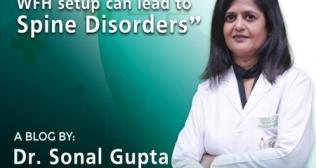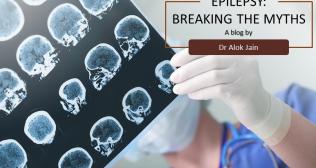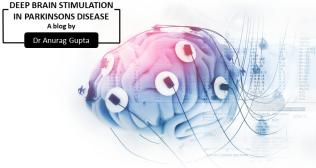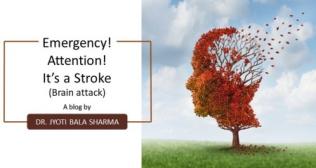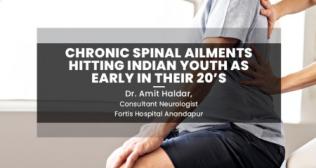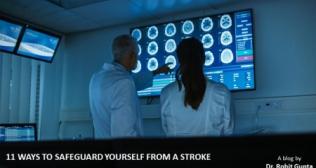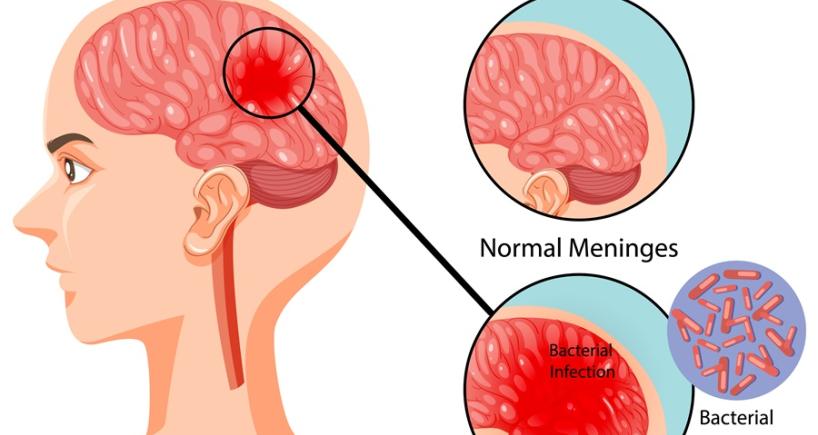
Meningitis Symptoms in Adults: Essential Knowledge
Think of getting up with a splitting headache and a fever that won’t subside. As the day ticks further, even the slightest light or sound becomes unbearable. These could be signs of something more severe than just a bad day—a potent onset of meningitis.
Meningitis refers to the inflammation of the tissues present in proximity the brain and spinal cord. It is generally caused by infection. It can be fatal as well as needs immediate medical care. Meningitis can be caused by lot of species of bacteria, viruses, fungi as well as parasites.
The objective of this blog is to provide complete information about meningitis symptoms in adults, highlighting the importance of early recognition as well as medical intervention.
Predominant Symptoms of Meningitis in Adults
Identifying the signs as well as symptoms of meningitis in adults is crucial for early diagnosis as well as intervention.
Here are the major symptoms to look out for:
Unexpected Onset of Fever
Fever is usually one of the first signs of meningitis in adults, accompanied by chills as well as sweating.
Terrible Headache
Headaches linked with meningitis are usually severe and persistent, usually not relieved by over-the-counter pain medicines.
Neck stiffness
Neck stiffness as well as pain, especially when trying to feel the chin to the chest, are classic signs of meningitis. This happens due to inflammation of the meninges.
Photophobia as well as Phonophobia
Sensitivity to light (photophobia) and sound (phonophobia) is predominant in meningitis due to irritation of the meninges and increased intracranial pressure.
Changed Mental Status
Adults suffering from meningitis may experience confusion, irritability, trouble in concentrating, and even seizures in severe cases.
Nausea as well as Vomiting
Gastrointestinal symptoms like nausea as well as vomiting can occur alongside other neurological symptoms.
Skin Rash
In instances of bacterial meningitis caused by certain pathogens like Neisseria meningitidis or Streptococcus pneumoniae, a characteristic rash may develop. This rash does not go away with pressure and may indicate a medical emergency.
Diagnosis of meningitis
Healthcare provider will diagnose meningitis by performing a physical exam, asking patient about their symptoms and testing their cerebrospinal fluid (CSF). They may also ask patient if they’ve been around anyone with certain illnesses/travelled recently, get a blood/poop (stool) sample, swab their nose or throat or get imaging of their brain.
How is meningitis treated?
Meningitis treatment depends on the cause.
Antibiotics are utilised to treat bacterial meningitis
Antifungals are utilised to treat fungal meningitis.
Antivirals can be utilised to treat few viral causes of meningitis.
Non-infectious causes of meningitis are treated by concentrating on the underlying illness/injury.
Prevention of meningitis
The excellent way to reduce patient’s risk of meningitis is to take simple precautions to shield themselves from the infectious diseases that most often cause it. Getting vaccinated, practicing safe food handling and cleansing hands are some ways to reduce person’s risk of getting infectious diseases.
Vaccines
There are many vaccines available that aid prevent bacterial along with viral infections that can lead to meningitis. Few are only given to certain age groups or others at high risk.
Vaccines against prokaryotic bacteria
Vaccines for meningococcal ailment, pneumococcal disease, Haemophilus influenzae serotype b (Hib) as well as tuberculosis all aid to shield person from bacterial infections that can lead to meningitis. The tuberculosis vaccine is utilised in countries where tuberculosis is predominant.
Vaccinations against viruses.
Vaccines for diseases like chickenpox, influenza, measles as well as mumps help to protect person from viral infections that can lead to meningitis.
Prophylactic antibiotics
Healthcare professional can prescribe prophylactic antibiotics to aid prevent a bacterial infection if person is at high risk.
Other ways to help prevent meningitis
- Person should wash their hands frequently with soap and water. Thorough handwashing is particularly important after utilising the bathroom, before and post preparing a meal or eating, after contact with poop (animal or human) and after gardening or working with sand or dirt.
- Person should cover mouth and nose when they cough or sneeze.
- Person should not drink unpasteurized milk or eat food made from unpasteurized milk.
- Person should reduce their risk of fungal infections by putting a mask in dusty areas like constructions sites as well as staying inside during dust storms. Person should take extra precautions if they live in areas where fungal infections are common.
In a nutshell, identifying the symptoms of meningitis in adults is crucial for timely diagnosis as well as appropriate management. While the condition can be lethal, early medical intervention significantly enhances outcomes. By taking preventive measures and administration of vaccines one can further reduce the incidence of bacterial meningitis
Meningitis remains a challenge, but with awareness along with immediate action, its impact can be minimized, making sure better health as well as well-being for all adults.
Popular Searches :
Hospitals: Cancer Hospital in Delhi | Best Heart Hospital in Delhi | Hospital in Amritsar | Hospital in Ludhiana | Hospitals in Mohali | Hospital in Faridabad | Hospitals in Gurgaon | Best Hospital in Jaipur | Hospitals in Greater Noida | Hospitals in Noida | Best Kidney Hospital in Kolkata | Best Hospital in Kolkata | Hospitals in Rajajinagar Bangalore | Hospitals in Richmond Road Bangalore | Hospitals in Nagarbhavi Bangalore | Hospital in Kalyan West | Hospitals in Mulund | Best Hospital in India | | Cardiology Hospital in India | Best Cancer Hospital in India | Best Cardiology Hospital in India | Best Oncology Hospital In India | Best Cancer Hospital in Delhi | Best Liver Transplant Hospital in India
Doctors: Dr. Rana Patir | Dr. Rajesh Benny | Dr. Rahul Bhargava | Dr. Jayant Arora | Dr. Anoop Misra | Dr. Manu Tiwari | Dr. Praveer Agarwal | Dr. Arup Ratan Dutta | Dr. Meenakshi Ahuja | Dr. Anoop Jhurani | Dr. Shivaji Basu | Dr. Subhash Jangid | Dr. Atul Mathur | Dr. Gurinder Bedi | Dr. Monika Wadhawan | Dr. Debasis Datta | Dr. Shrinivas Narayan | Dr. Praveen Gupta | Dr. Nitin Jha | Dr. Raghu Nagaraj | Dr. Ashok Seth | Dr. Sandeep Vaishya | Dr. Atul Mishra | Dr. Z S Meharwal | Dr. Ajay Bhalla | Dr. Atul Kumar Mittal | Dr. Arvind Kumar Khurana | Dr. Narayan Hulse | Dr. Samir Parikh | Dr. Amit Javed | Dr. Narayan Banerjee | Dr. Bimlesh Dhar Pandey | Dr. Arghya Chattopadhyay | Dr. G.R. Vijay Kumar | Dr Ashok Gupta | Dr. Gourdas Choudhuri | Dr. Sushrut Singh | Dr. N.C. Krishnamani | Dr. Atampreet Singh | Dr. Vivek Jawali | Dr. Sanjeev Gulati | Dr. Amite Pankaj Aggarwal | Dr. Ajay Kaul | Dr. Sunita Varma | Dr. Manoj Kumar Goel | Dr. R Muralidharan | Dr. Sushmita Roychowdhury | Dr. T.S. MAHANT | Dr. UDIPTA RAY | Dr. Aparna Jaswal | Dr. Ravul Jindal | Dr. Savyasachi Saxena | Dr. Ajay Kumar Kriplani | Dr. Nitesh Rohatgi | Dr. Anupam Jindal |
Specialties: Heart Lung Transplant | Orthopedic | Cardiology Interventional | Obstetrics & Gynaecology | Onco Radiation | Neurosurgery | Interventional Cardiology | Gastroenterologist in Jaipur | Neuro Physician | Gynecologist in Kolkata | Best Neurologist in India | Liver Transfer









